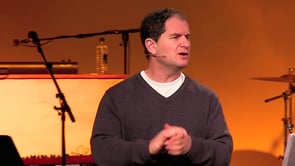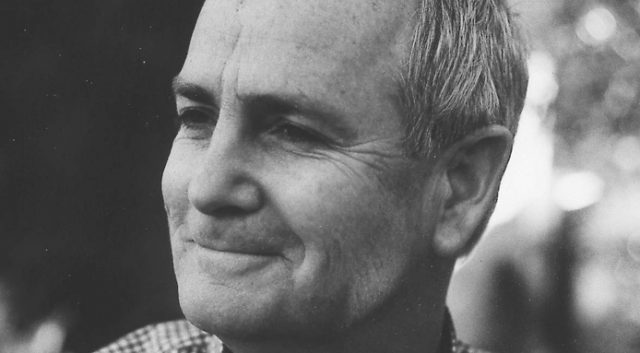Transcript:
Well when it comes to preaching; preaching the word of God is an honour, the word of God is active and it is alive. It is profitable for rebuke, and for correction, and for doctrine, as the Bible teaches us the word of God is active and it is alive. So the first thing that happens when I come to preaching is I recognise that it’s God’s word and it’s an honour to be able to share God’s word and rightly divide the word of truth.
“Preaching the word of God is an honour, the word of God is active and it is alive”
So, the first thing I always ask God is “because it’s your word show me where you’re working and ask me to join you there,” whether that might be in the Bible itself or a particular context I’ve been assigned to preach. What I begin to do when I look at that and I begin to meditate upon that as I look at the word of God, and I begin to look at the word of God in terms of different translations, I take those translations and I see if there are any particular words that stand out to me and I begin to write those words down. I get a good Bible dictionary and good resources and I have a chance to begin to study the flow of that actual passage to see if there are different things that stand out to me. After I do that I actually begin to sketch out my own outline and I also look at various illustrations and resources that might be relevant, for example, I look to see what other preachers have said about the text itself and then I try to add my voice to the conversation.
The last thing I do is go into the commentaries themselves and I begin to shape some of the things I may have missed. A lot of times people go to the commentaries first, but I believe you should go to the commentaries last. You can have a good Bible dictionary, you can have other great illustrations, you can always be reading all the time, but the commentaries in that sense are really the icing on the cake for me, by which I begin to see whether or not my voice is matching up to what other people who have probably studied it who are wiser than me and have looked at this in the longer fashion, to see if it matches up to what I’m saying. When I’m able to do that, I’m able to shape the sermon, I take some time after that and I type the sermon out.
After I type the sermon out I take some time to actually memorise the illustrations, and I always keep an open ear to the Holy Spirit because of the reality that because the word of God is active, even up to the point where I’m up in the pulpit the Holy Spirit could still be talking. When I recognise that, I understand that my preached word is actually a product of my studious mechanics and actually the animation of the Spirit of God and the result is a sermon itself that pops out.









